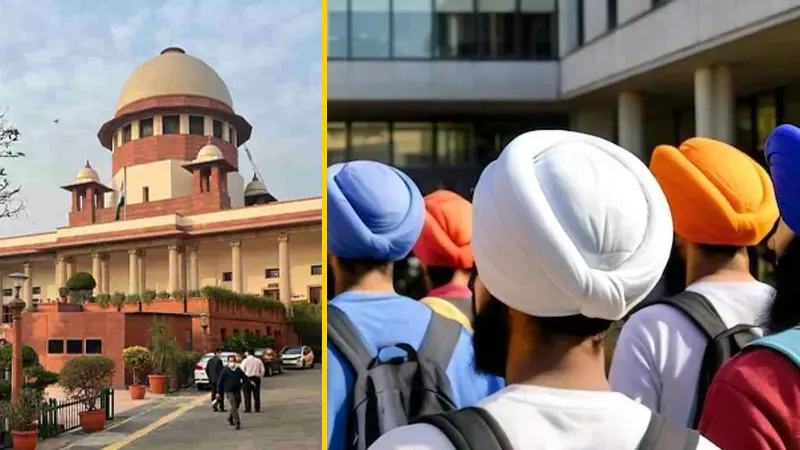On Tuesday, 24th September, the Supreme Court dismissed the Punjab government’s plea of the expansion of the non-resident Indian (NRI) quota in Punjab’s medical colleges. The bench said, “We must stop this NRI quota business now! This is complete fraud, and this is what we are doing to our education system.”
A bench led by the Chief Justice of India, Dhananjaya Y Chandrachud condemned the appeal of the expansion of the NRI quota in Punjab’s medical colleges. This set of petitions was previously dismissed by the Punjab and Haryana High courts. The Supreme Court termed the High court’s verdict as ‘absolutely right’.
Why did Supreme Court reject the plea?
The Chief Justice of India, Dhananjaya Y Chandrachud claimed the plea as ‘fraud’ that will force other deserving and meritorious students out of the admission process.
“All three petitions are dismissed. Let us put a lid on this. This fraud has to come to an end. This NRI business is nothing but a fraud. This comes to an end now. What is ward? You just have to say ‘I am looking after X’. See the students who got three times high scores have lost out. We cannot lend our authority to something which is blatantly illegal,” the bench said.
On 20th August, the Punjab Government had issued a notification regarding the expansion of NRI Quota, according to which NRI candidates could include their distant relatives like uncles, aunts, grandparents and cousins in the 15 percent NRI quota.
On 11th September, the Punjab and Haryana High courts rejected this step and claimed it as ‘unjustified’. These courts said that the plea is contrary to the actual purpose of the NRI Quota which aims to provide the genuine NRIs with an opportunity to study in India.
The Supreme Court firmly rejected the plea as it would snatch the admission opportunities from more academically qualified students and allow the less deserving students to get admission on the basis of their financial power and connections.
"By broadening the definition, the door for potential misuse is opened, allowing individuals outside the policy's intent to take advantage of these seats, potentially bypassing more deserving candidates,” observed the court.
